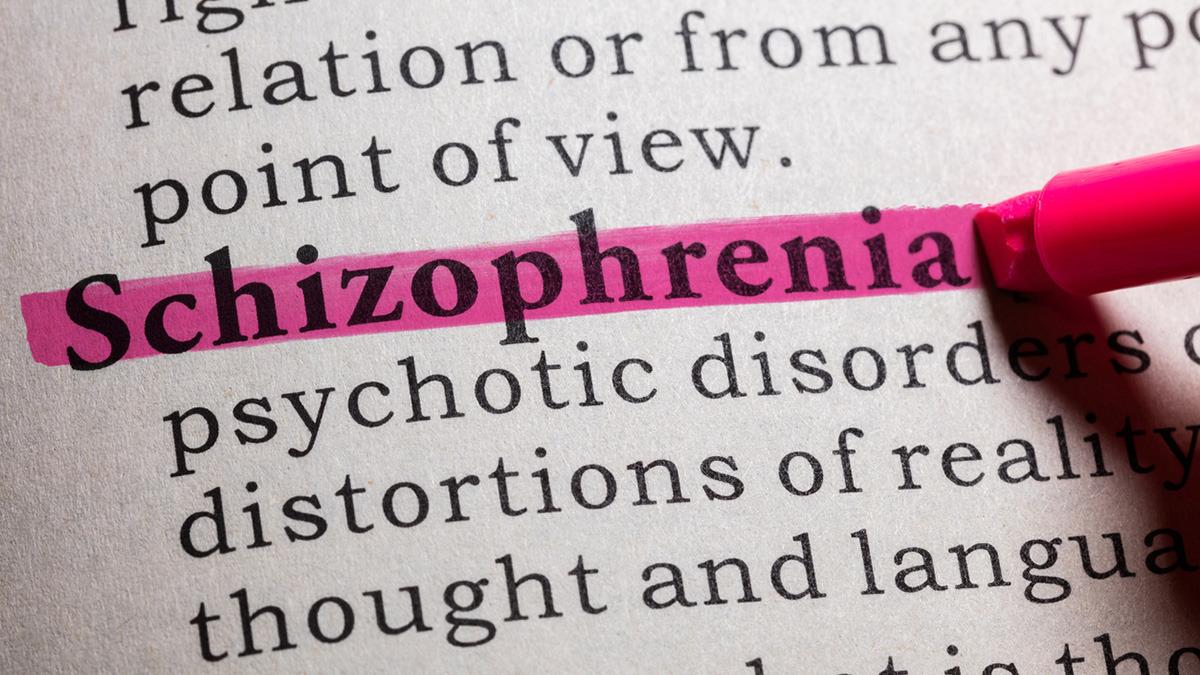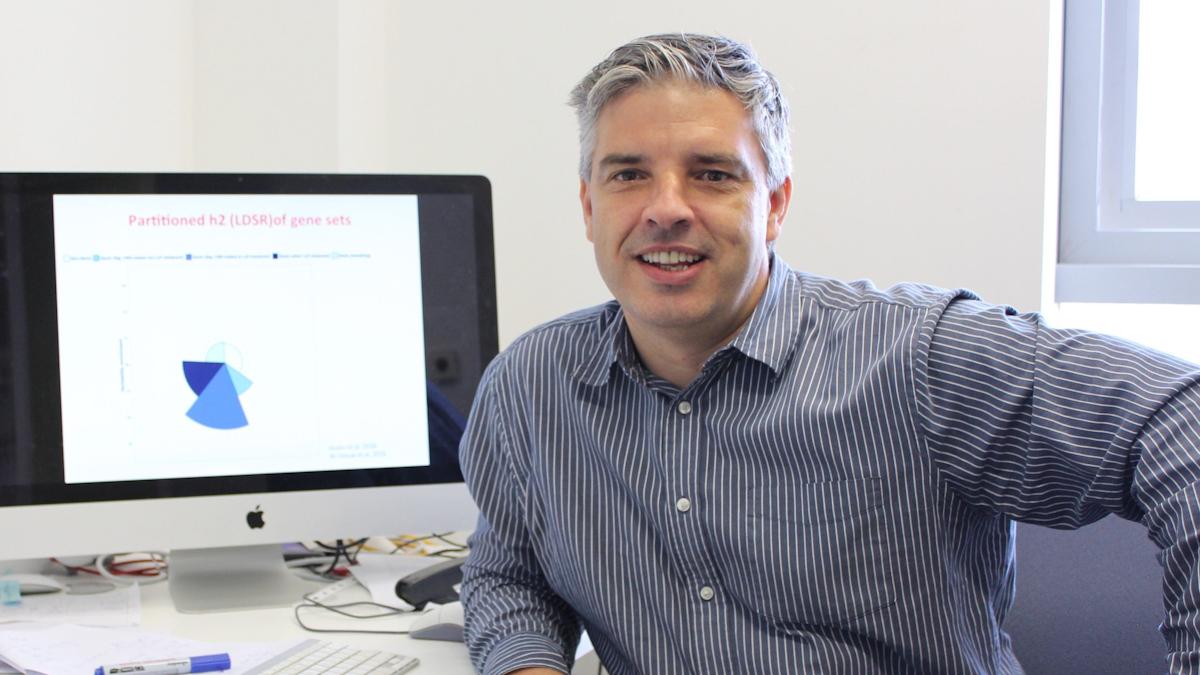Advantage BMS as AbbVie drug fails schizophrenia trials

Shares in AbbVie have slumped after a pair of failed phase 2 trials for emraclidine, a schizophrenia drug it acquired as part of its $8.7 billion takeover of Cerevel Therapeutics last year.
The stock was off around 13% at the time of writing – its biggest fall in three years – as investors absorbed the news that the lead drug in Cerevel's pipeline failed to meet its objectives in the EMPOWER 1 and 2 studies, with no improvement over placebo on the main endpoint, measured using the Positive and Negative Syndrome Scale (PANSS) total score.
The readout makes AbbVie's wager on Cerevel, which came ahead of key data readouts, look like a poor deal. The company said it hadn't made a decision on the future of the programme and would analyse the data to "determine next steps."
Emraclidine is a selective muscarinic M4 receptor-positive allosteric modulator (PAM) that is designed to have a limited effect on dopamine neurotransmission, a mechanism thought to contribute to tolerability issues with the current generation of antipsychotic drugs.
If it does prove to be the end of emraclidine for schizophrenia, that looks set to benefit Bristol-Myers Squibb, which ended a 10-year hiatus in new-mechanism therapies for the disorder when it got FDA approval for Cobenfy (xanomeline tartrate/trospium chloride) in September. Shares in BMS rose nearly 12% after AbbVie's announcement.
Cobenfy is a combination of a muscarinic M1 and M4 agonist with a muscarinic antagonist to reduce side effects and was acquired by BMS when it bought Karuna Therapeutics for $14 billion last December. Meanwhile, Neurocrine Biosciences' selective muscarinic M4 agonist NBI-1117568 hit the mark in a phase 2 schizophrenia study in August, leaving emraclidine looking like an outlier in the class.
The Cereval acquisition – which was announced around the same time – was one of two made by AbbVie at the end of last year intended to expand its pipeline as it copes with the loss of patent protection for immunology blockbuster Humira (adalimumab), now facing biosimilar competition. It came just a few days after AbbVie agreed a $10.1 billion deal to buy antibody-drug conjugate developer ImmunoGen.
CNS is a key therapeutic focus for AbbVie and chief executive Richard Gonzalez said, when the Cerevel deal was announced, that the smaller company's pipeline had “multibillion-dollar sales potential” and would provide “a significant growth opportunity well into the next decade."
Echoing those sentiments, AbbVie's chief scientific officer, Roopal Thakkar, said the company remained "confident that our innovative pipeline will continue to bring meaningful therapies to patients, and we remain committed to finding better treatments for people living with psychiatric and neurological disorders."
Cerevel's pipeline behind emraclidine includes tavapadon, a dopamine D1/D5 partial agonist in phase 3 testing as a treatment for Parkinson’s disease, and darigabat, an α2/3/5-selective GABAA receptor PAM in mid-stage testing for epilepsy and panic disorder.












